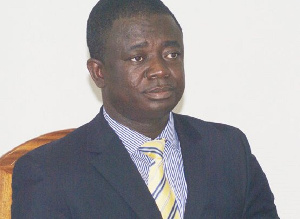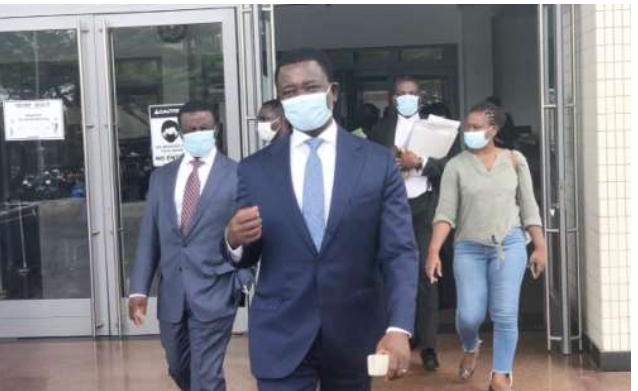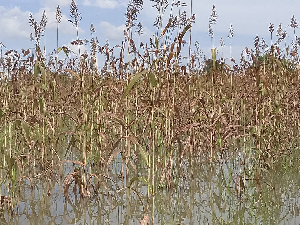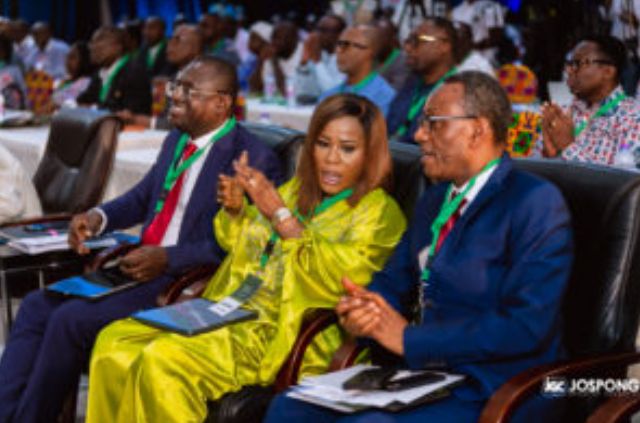S/R: Trans-border ecological workshop to protect wildlife held
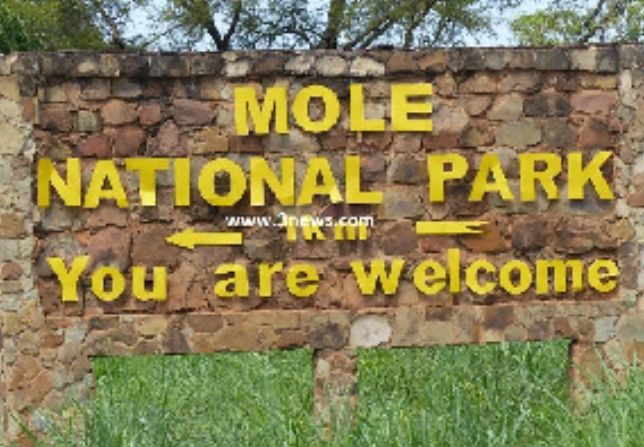
The meeting, which took place inside the Mole National Park in the Damongo municipality of the Savanna Region, had in attendance participants from the three West African countries collaborating on how to protect wildlife, especially the elephants that cross in and out of the various wildlife-protected areas into the other parks.
The Acting Director of the Ghana Wildlife Society, Dr. David Kpelle, in a presentation during the meeting indicated that, unlike human beings, the elephant knows no boundary lines and can move from one place to the other.
He said the elephants, at any given time, should be protected from attacks to increase their population in the wildlife-protected areas.
Rev. Kpelle took participants through the inter-state agreement on elephant conservation in 12 ECOWAS countries including Ghana, Burkina Faso, and Cote d’Ivoire, which was signed in 2006 and seeks to always give the elephant the best of protection.
He explained that elephants from the Mole National Park in Ghana that moves into other parks become shared resources since at that moment the elephant becomes the property of the two protected areas and should be protected by both.
Mr Tiendrebeoga Kevin, Park Manager for the Nazinga Game Ranch in Burkina Faso, who spoke through an interpreter, said the meeting has made a lot of impact since ideas have been shared by the participants which will in the long run help in the proper and better management of the parks that they are managing.
The Manager of Ghana’s Mole National Park, Mr Ali Mahama, thanked the organisers of the programme and also indicated that the meeting has a lot of useful impact by making sure his counterparts from the various parks in other Burkina Faso and Cote d’Ivoire which are closer to Ghana are brought to share ideas together and taking through several educative presentations.
The Savannah Integrated Biodiversity Conservation Initiative (SIBCI) was initiated by the Ghana Wildlife Society in collaboration with partners to support the implementation of Sustainable Management of the Mole National Park and peripheral areas, implemented under the auspices of the European Union’s PAPBio Programme which aims at sound management of large landscapes of high biodiversity value.
SIBCI has emerged as a priority in the context of rapid demographic growth, poverty, weak governance of natural resources, and increasingly frequent climate change, which are leading to the impoverishment of natural capital in Northern Ghana, including ecosystem services on which the Ghanaian population largely depend.

